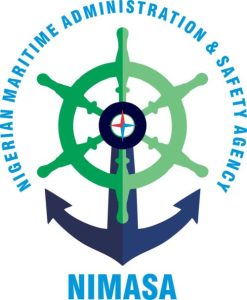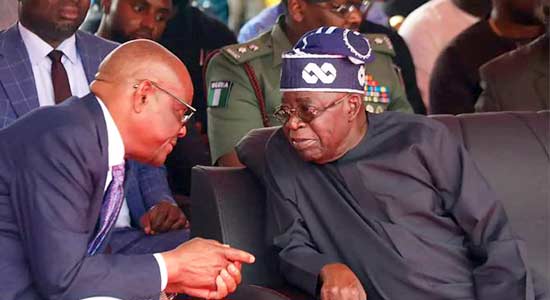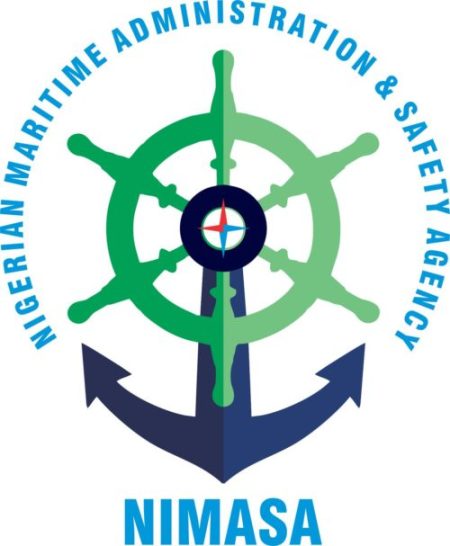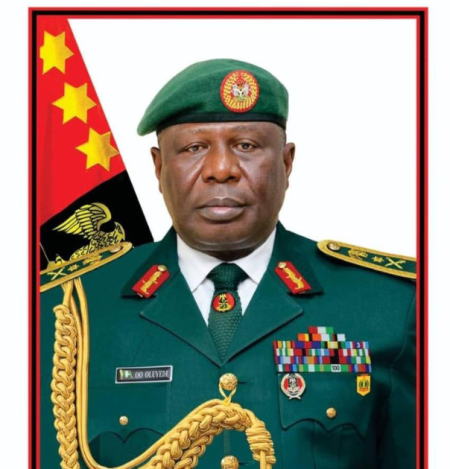President Bola Tinubu’s recent remarks regarding the potential inclusion of Federal Capital Territory Minister Nyesom Wike into the ruling All Progressives Congress (APC) have ignited political discourse. During the inauguration of several road projects in the Katampe District, President Tinubu extended an open invitation to Wike, acknowledging his current non-membership in the APC but expressing a welcoming stance should he choose to join. This overture, punctuated by a playful reference to a popular Nigerian saying, “as e dey pain them, e dey sweet us,” underscores the political dynamics at play and suggests a potential strategic alliance. While Wike’s political affiliation remains unchanged, the President’s remarks highlight the fluidity of political allegiances and the ongoing realignment of power within Nigeria’s political landscape.
President Tinubu’s comments came amidst the backdrop of a broader discussion on infrastructure development. He emphasized the significance of the newly inaugurated road projects, framing them not merely as stretches of asphalt but as tangible manifestations of his administration’s “Renewed Hope Agenda.” This agenda, centered around reform and regeneration, seeks to address Nigeria’s infrastructural deficit, a key constraint to economic growth and social development. The President underscored the crucial role of infrastructure in fostering national competitiveness, connecting disparate communities, and creating economic opportunities. He positioned infrastructure as a necessity rather than a luxury, a fundamental building block for a thriving nation. His remarks underscore the administration’s commitment to investing in critical sectors, including roadways, power generation, healthcare, education, and digital technology, all of which contribute to a holistic and integrated approach to national desarrollo.
The inauguration of the road projects in the Katampe District serves as a microcosm of the administration’s broader infrastructural ambitions. The President’s presence at the event and his subsequent pronouncements underscored the importance his government places on improving transportation networks. By physically connecting communities and facilitating the movement of goods and services, these roads are expected to catalyze economic activity and enhance the quality of life for residents. Beyond their immediate utility, these projects symbolize the administration’s commitment to revitalizing Nigeria’s infrastructure and fulfilling the promises enshrined in the “Renewed Hope Agenda.” They also serve as a tangible demonstration of the government’s commitment to translating policy pronouncements into concrete action, thereby fostering public trust and confidence.
President Tinubu’s emphasis on integrated development reflects a comprehensive understanding of the interconnectedness of various sectors. He recognized that infrastructure development cannot occur in isolation but must be part of a broader strategy encompassing investments in human capital, technological advancement, and social welfare. The commitment to enhancing healthcare and education systems alongside physical infrastructure development demonstrates a holistic approach to national progress, acknowledging that true development requires more than just bricks and mortar. The inclusion of digital infrastructure in the President’s pronouncements also highlights the recognition of the transformative potential of technology in driving economic growth, improving service delivery, and bridging the digital divide. This integrated approach underscores the administration’s commitment to creating a more equitable and inclusive society.
The President’s pronouncements on infrastructure development carry significant weight, both in terms of policy direction and political messaging. By prioritizing infrastructure, the administration signals a commitment to addressing one of Nigeria’s most pressing challenges. The inadequate state of infrastructure has long hampered economic growth, hindered access to essential services, and exacerbated social inequalities. The President’s commitment to investing in this sector signifies a recognition of these challenges and a determination to overcome them. His remarks also serve as a rallying cry, aimed at galvanizing public support and inspiring confidence in the government’s ability to deliver on its promises.
In his closing remarks, President Tinubu reiterated his administration’s unwavering commitment to transforming Nigeria’s infrastructure landscape. He emphasized the importance of these investments in unlocking the nation’s full potential and creating a brighter future for all Nigerians. His words served as a reassurance to the public that the government is actively working to address their needs and aspirations. The President’s emphasis on a coordinated and integrated approach to development further underscores the administration’s commitment to ensuring that all sectors of the economy benefit from the ongoing transformation. This commitment to holistic development is crucial for achieving sustainable and inclusive growth that leaves no one behind. The President’s pronouncements reflect a vision of a Nigeria where infrastructure is no longer a constraint but a catalyst for progress, driving economic prosperity and improving the lives of all citizens.














